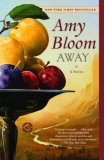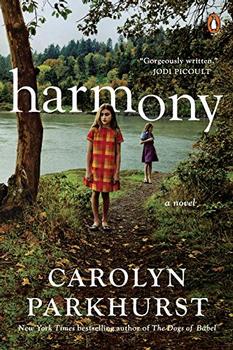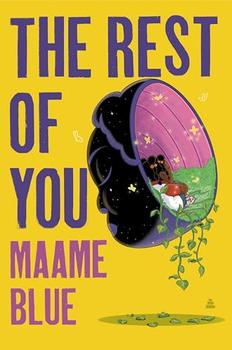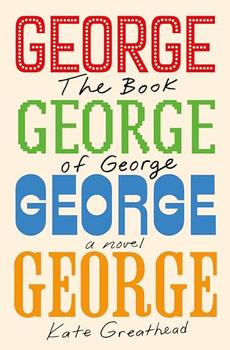Summary | Excerpt | Reading Guide | Reviews | Beyond the book | Read-Alikes | Genres & Themes | Author Bio

A Novel
by Amy BloomWhen her family is destroyed in a Russian pogrom, Lillian comes to America alone, determined to make her way in a new land. When word comes that her daughter, Sophie, might still be alive, Lillian embarks on an odyssey that takes her from the world of the Yiddish theater on New York’s Lower East Side, to Seattle’s Jazz District, and up to Alaska, along the fabled Telegraph Trail toward Siberia.
Panoramic in scope, Away is the epic and intimate story of young Lillian Leyb, a dangerous innocent, an accidental heroine. When her family is destroyed in a Russian pogrom, Lillian comes to America alone, determined to make her way in a new land. When word comes that her daughter, Sophie, might still be alive, Lillian embarks on an odyssey that takes her from the world of the Yiddish theater on New York’s Lower East Side, to Seattle’s Jazz District, and up to Alaska, along the fabled Telegraph Trail toward Siberia. All of the qualities readers love in Amy Bloom’s work – her humor and wit, her elegant and irreverent language, her unflinching understanding of passion and the human heart – come together in the embrace of this brilliant novel, which is at once heartbreaking, romantic, and completely unforgettable.
Chapter 1
And Lost There, a Golden Feather in a Foreign, Foreign Land
It is always like this: the best parties are made by people in trouble.
There are one hundred and fifty girls lining the sidewalk outside the Goldfadn Theatre. They spill into the street and down to the corners and Lillian Leyb, who has spent her first thirty-five days in this country ripping stitches out of navy silk flowers until her hands were dyed blue, thinks that it is like an all-girl Ellis Island: American-looking girls chewing gum, kicking their high heels against the broken pavement, and girls so green they’re still wearing fringed brown shawls over their braided hair. The street is like her village on market day, times a million. A boy playing a harp; a man with an accordion and a terrible, patchy little animal; a woman selling straw brooms from a basket strapped to her back, making a giant fan behind her head; a colored man singing in a pink suit and black shoes with pink spats; and tired ...
On a purely formal level, Away is stunning, and succeeds as a gleaming showcase for Amy Bloom's considerable talents. However, what makes Away an up-all-night read is its vitality, the breath that makes it all come alive. It’s a tight story – 235 pages span three years and a cast of characters each worthy of their own novel; but the focus is clear - Bloom’s spotlight pans where it needs to, and then stops on a dime, showing you where to look, deep at the quick of the story, where it pulses with life...continued
Full Review
 (378 words)
(378 words)
(Reviewed by Lucia Silva).
More than 200 Yiddish theatre troupes performed in the United States between 1890 and 1940 (photo of a theater group in 1909). In their heyday in the 1920s, twelve troupes resided in New York City alone, with 22 Yiddish theatres on the Lower East Side, the Bronx, and Brooklyn. Their repertoires spanned a variety of genres including operetta, musical comedy, revues, melodrama and Yiddish adaptations of Shakespeare. Audiences came to laugh and be entertained, but a vibrant literary culture also led to adaptations of Ibsen, Tolstoy, and Shaw running in Yiddish houses long before they appeared on Broadway. By the mid-1920s, Yiddish actors played to packed houses, many of their patrons solely English-speaking and paying Broadway prices for seats...

If you liked Away, try these:

by Carolyn Parkhurst
Published 2017
From the New York Times bestselling author of The Dogs of Babel, a taut, emotionally wrenching story of how a seemingly "normal" family could become desperate enough to leave everything behind and move to a "family camp" in New Hampshire - a life-changing experience that alters them forever.

by Ami McKay
Published 2013
From the author of the number one Canadian bestseller The Birth House comes the story of a young girl abandoned to the streets of post-Civil War New York City.




At times, our own light goes out, and is rekindled by a spark from another person.
Click Here to find out who said this, as well as discovering other famous literary quotes!